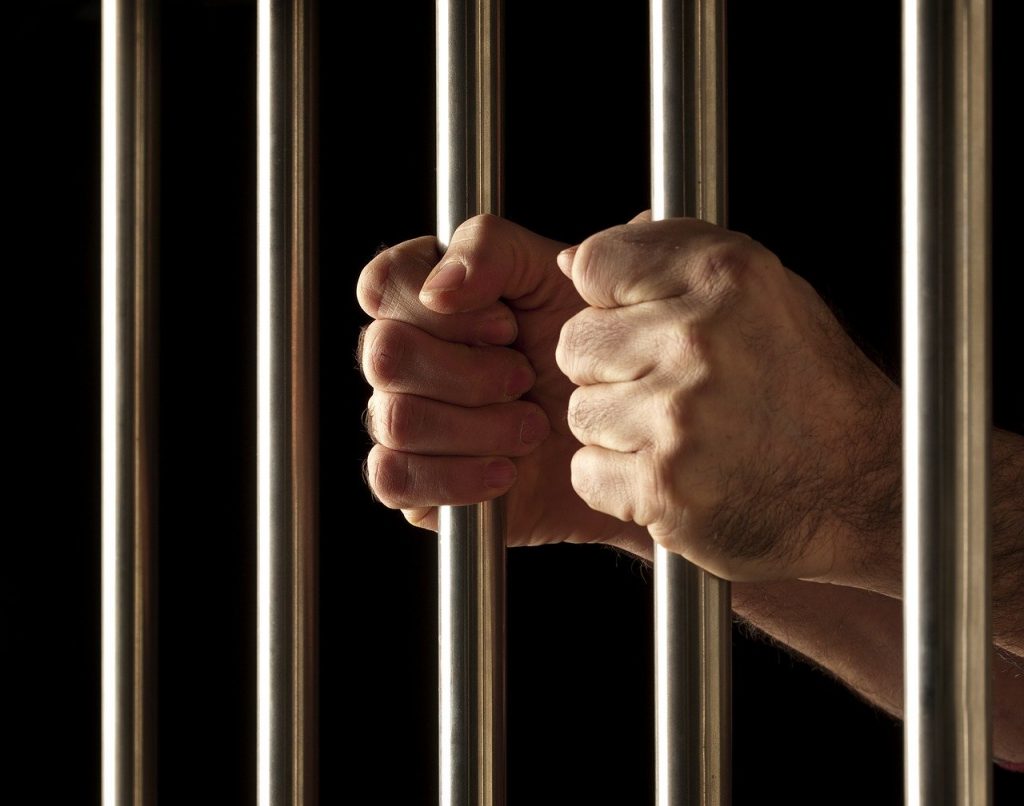Prosecutable offenses include anything from minor traffic violations to serious crimes.
Prosecutors are the participants in law enforcement who hold the offenders accountable.
In the overview of a prosecutor’s job below, you will find the details on responsibilities as well as required skills, education, and experience.
Article Table of Contents
What Does a Prosecutor Do
As the name suggests, the job of a prosecutor is based on prosecuting accused criminals and bringing them to justice through conviction and punishment.
Prosecutors should determine how to prosecute a defendant through analysis, preparation, and exercise of authority and direction.
Responsibilities
- Present witnesses, photographs, objects, and other evidence of crimes committed by the accused in court.
- Interview witnesses, victims, and investigators.
- Determine the charges to be brought against the criminal and the punishment to be sought.
- Obtain statements of accused criminals or formal charges from grand juries.
- Prepare statement forms, motions, notices, proposed jury instructions, and other court documents.
- Make, evaluate, and receive plea offers.
- Oversee or assist investigators, detectives, and other law enforcement while gathering evidence.
- Produce information and other documents to defendants or their lawyers as requested.
- Explain the reason and process for certain decisions to victims or their families.
Essential Skills
Analytical:
Prosecutors need to interpret statutes and rules, apply criminal law to facts and determine the significance of testimony or other evidence.
Analytical skills also include the credibility of witnesses’ testimonies based on factors such as inconsistency in statements.
Ethical skills:
Prosecutors should be able to decide fairly and impartially on whether and how to prosecute the accused.
They should avoid ethical lapses such as withholding the evidence that can deny guilt, using false evidence and misusing facts or law.
Ethical skills include the ability to take actions that prevent an unjust conviction.
Organizational:
Prosecutors may be handling and should prepare for multiple cases at a time.
They should manage the caseload by marking deadlines for subpoenas and other court submissions, maintaining contact information of witnesses, and tracking court dates.
The organization also means planning of trials by deciding in which order to present witnesses and evidence.
Persuasive:
Prosecutors need the ability to write and speak clearly to connect with the jury and convince them to render guilty verdicts.
Prosecutors should also have a command of the important facts, evidence, and law while avoiding illogical arguments and inconsistencies.
How to Become a Prosecutor
Aspiring prosecutors need seven years of combined undergraduate and law school education.
During this time, they learn essential knowledge and skills prosecutors require.
Previous work in law enforcement or criminal justice system can bring valuable experience with criminal law and procedures.
Prosecutors usually advance from handling minor offenses to major crimes with performance and experience.
Training and Qualifications
Before enrolling in a law school, aspiring prosecutors take undergraduate courses in political science and criminal justice.
By taking psychology courses, they can better understand mental conditions that may be a part of insanity pleas and competency hearings.
Criminal justice and political science are usually a part of a prosecutor’s major.
Just like future lawyers, future prosecutors need to finish law school.
Most programs include a criminal law class in the first year with programs lasting for three years.
The courses necessary for the prosecutors’ background include trial and evidence.
During their time in school or summers, future prosecutors can obtain an internship at a prosecutor’s offices or with criminal law lawyers.
Those who will work as federal prosecutors will need courses on federal courts.
There are clinic programs available to students at most schools which help them gain practical experience under the supervision of a licensed lawyer.
Upon graduation, they have to pass the bar exam in the state where they plan to work.
Federal prosecutors need a separate admission as well before they can practice in federal courts.
Experience
New graduates and licensed attorneys can get an entry-level or junior positions at a prosecutor’s office.
They will handle traffic matters like registration violations, speeding, or reckless driving.
Junior prosecutors usually handle such cases as simple assaults, petty larcenies, minor drug possession offenses, etc.
More experienced prosecutors handle such cases as major drug crimes, felonies, robberies, and kidnapping.
Death penalty cases are usually handled by the seasoned prosecutors or the elected district or state’s attorney.
Prosecutors in the US Attorneys Offices usually need five to seven years of experience.
Prosecutors may have prior experience as police officers, investigators, detectives, or other law enforcement professionals.
Working Hours
Most prosecutors work full-time.
With the court schedules, they usually work Monday through Friday.
More complex trials that involve serious crimes, numerous witnesses or a combination of them can run into weekends or evenings and last for a few days or even weeks.
If cases grab significant public or media attention, at least several days will be required for jury selection.
Outside of court, prosecutors deal with preparing subpoenas or other documents, interviewing witnesses, police, reviewing evidence and negotiating plea deals with defense lawyers.
Sometimes, they may have to interview witnesses on weekends or evenings to meet their schedule.
Also, prosecutors may have to travel to crime scenes or meet with witnesses in the hospital or homebound ones.
Career Outlook
With the prevalence of criminal activity, the demand for prosecutors will sustain and both state and federal levels.
Prosecutors are government employees, so budget priorities and resources may slow the growth of the employment down.
So, the rate of employment is expected to increase by 8% by 2026, which is the same as for other occupations in the United States.
In areas with higher levels of population, job prospects may increase.
More crimes and traffic offenses happen more frequently in urban areas.
Prosecutors have an hourly rate of $30.70, while the median salary stands at $67,277 per year with an intermediate level of experience.
With more experience and results, such as convictions, prosecutors become responsible for more serious prosecution.
This leads to senior roles and a higher salary.
States’ and district attorneys are typically elected and serve defined terms.
They can hire assistant attorneys and delegate duties.
Conclusion
Prosecutors need rigorous legal education and experience in conducting trials, procuring guilty pleas, and other activities.
They should exercise their power fairly and ethically to prosecute and seek punishments for offenders.
Prosecutors need planning, organizational, and analytical skills.
With continued crime, chances for employment are high, especially in areas with larger populations.


Why would a prosecutor amend information recklessly caused physical injury to victim when had actually caused death to victim?